Summaries of books about Software Development:
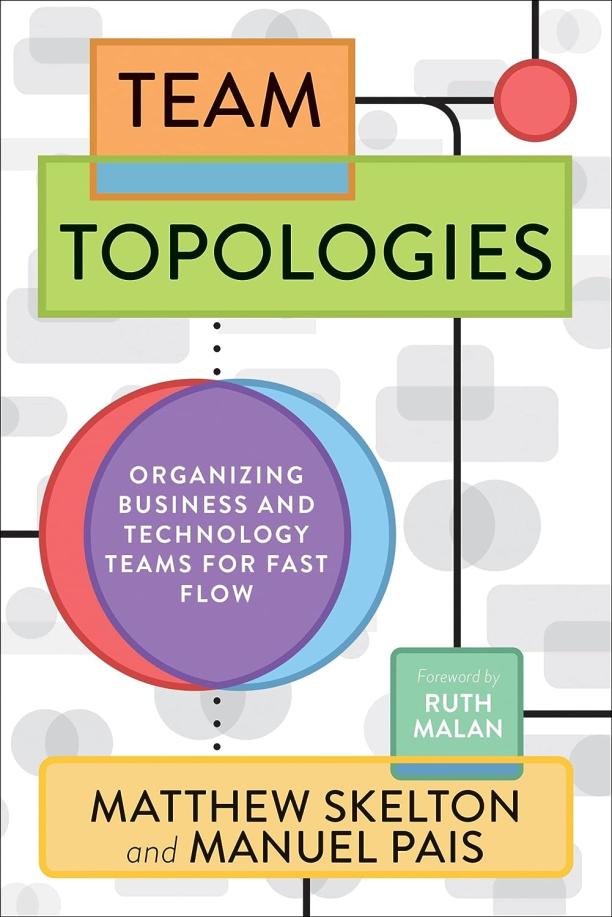
Team Topologies
Organizing Business and Technology Teams for Fast Flow
Matthew Skelton|Manuel Pais
The book introduces a framework for team organization that optimizes for rapid software delivery, presenting four fundamental team types and three interaction modes to help businesses scale and improve communication. It provides practical advice on how to structure teams to enable a DevOps culture and streamline the flow of software development and delivery.
See full summary

Clean Coder, The
A Code of Conduct for Professional Programmers
Robert C. Martin
The book provides guidance on professional conduct for programmers, emphasizing the importance of discipline, craftsmanship, and ethical behavior in software development. It covers topics such as writing clean code, managing time and stress, and dealing with conflict and tight schedules.
See full summary

The Self-Taught Programmer
The Definitive Guide to Programming Professionally
Cory Althoff
The book serves as a comprehensive guide for aspiring programmers, covering fundamental programming concepts, best practices, and essential tools. It also provides insights into the professional programming world, including how to work on projects, collaborate with others, and prepare for a career in software development.
See full summary
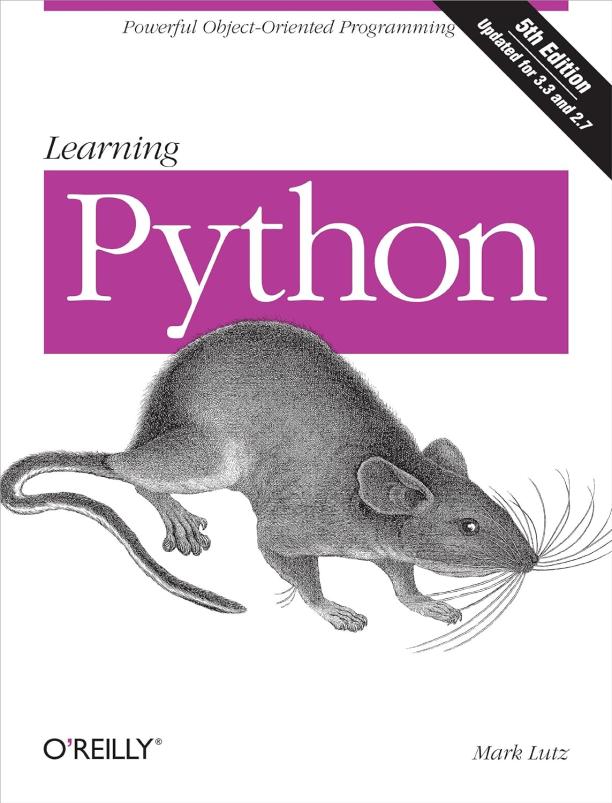
Learning Python
Powerful Object-Oriented Programming
Mark Lutz
The book serves as a comprehensive guide to the Python programming language, covering fundamental concepts, syntax, built-in data types, and the principles of object-oriented programming. It includes practical examples, exercises, and in-depth explanations designed for both beginners and experienced programmers to enhance their understanding and mastery of Python.
See full summary
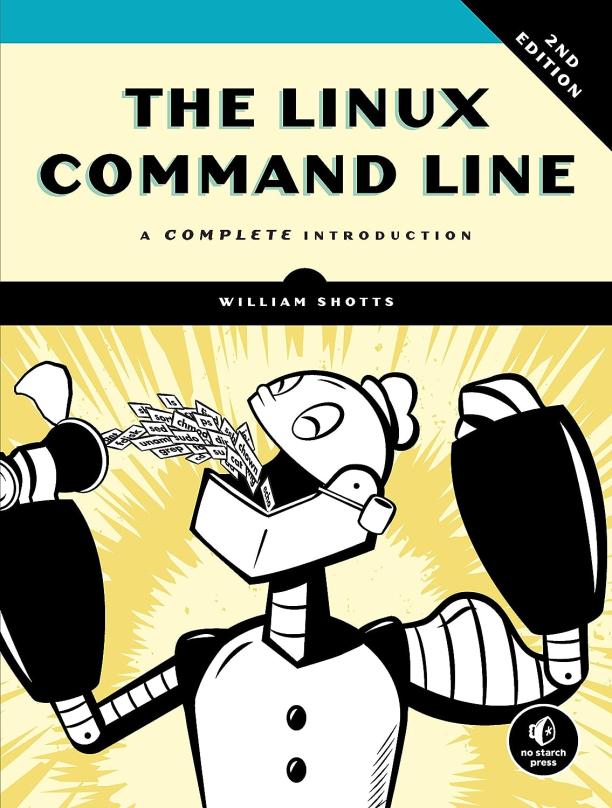
The Linux Command Line
A Complete Introduction
William Shotts
The book serves as a comprehensive guide to the Linux command line, providing readers with a foundational understanding of terminal commands, shell scripting, and command-line tools. It covers basic to advanced concepts, enabling users to navigate and control a Linux environment effectively.
See full summary
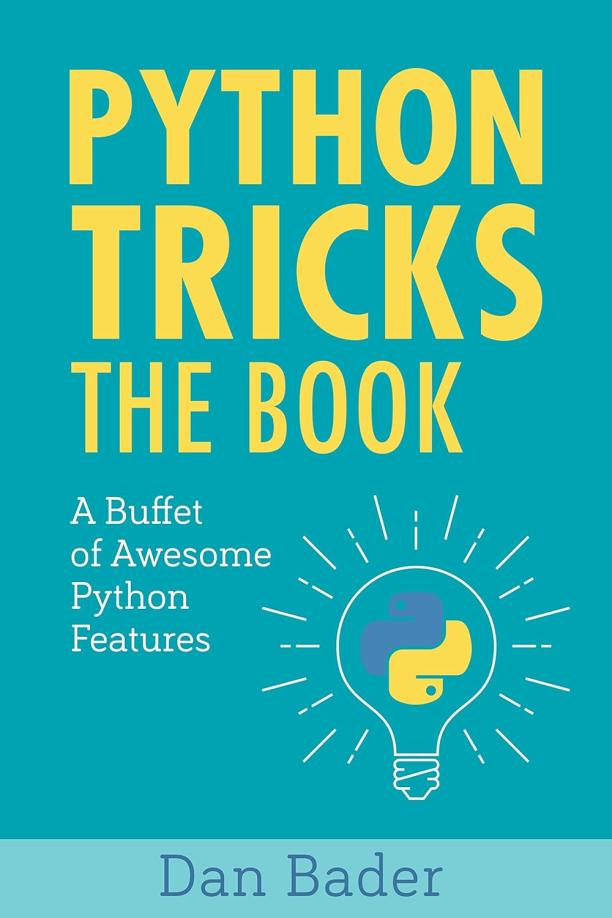
Python Tricks
A Buffet of Awesome Python Features
Dan Bader
The book provides a collection of coding techniques and best practices in Python, aimed at helping programmers understand and implement Pythonic code effectively. It covers topics such as Python's data structures, functions as first-class objects, decorators, context managers, and more, with practical examples and explanations.
See full summary
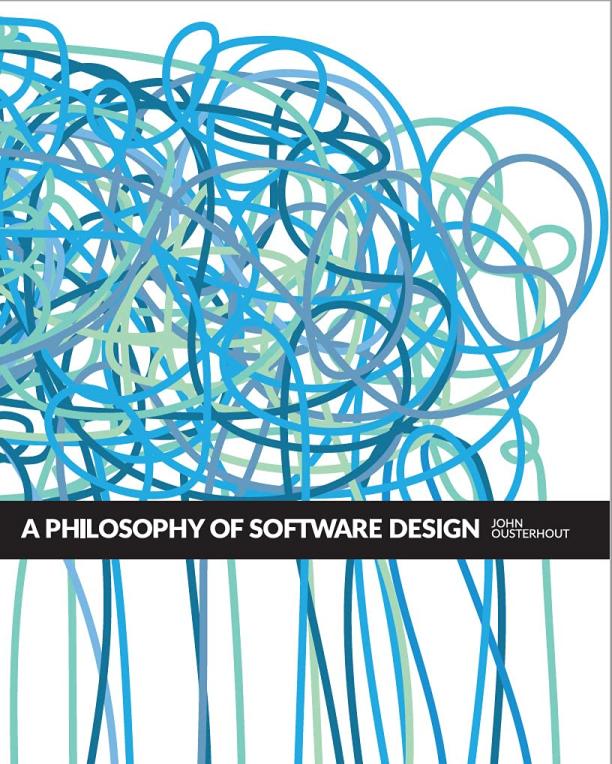
A Philosophy of Software Design
John K. Ousterhout
The book delves into the principles and best practices for creating clean, maintainable, and efficient software systems, emphasizing the importance of deep design and the avoidance of complexity. It provides insights into the thought processes that underlie effective software architecture, including techniques for managing system dependencies and interfaces.
See full summary
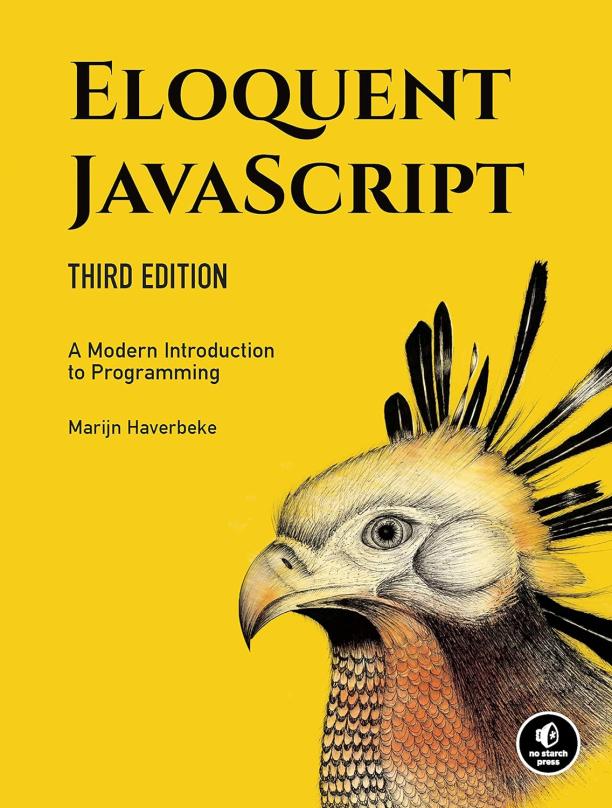
Eloquent JavaScript
A Modern Introduction to Programming
Marijn Haverbeke
The book serves as an in-depth guide to the JavaScript programming language, covering fundamental concepts, language features, and techniques for writing effective code. It includes practical examples, exercises, and projects to help readers build a strong foundation in programming and web development with JavaScript.
See full summary
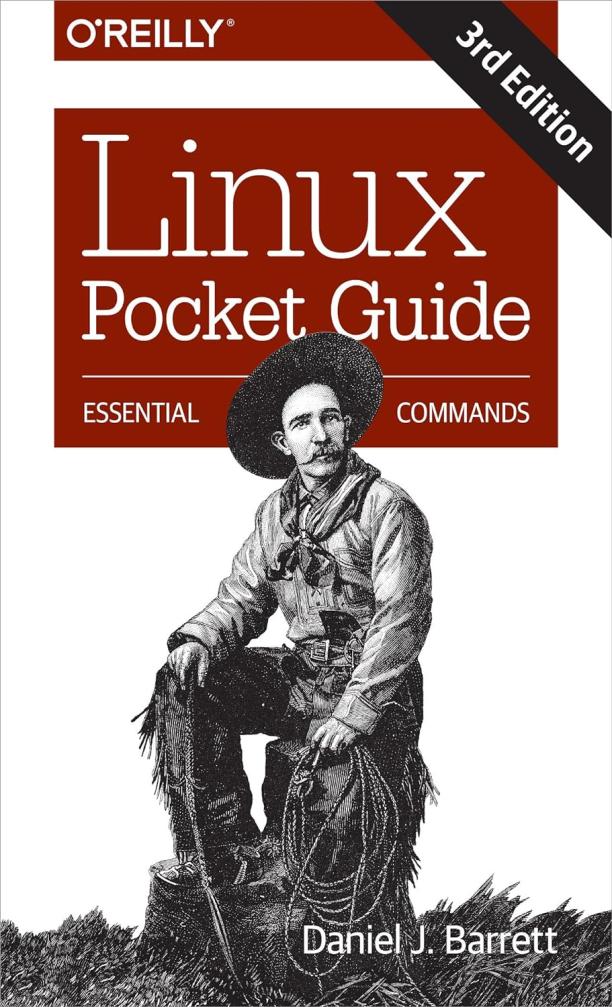
Linux Pocket Guide
Essential Commands
Daniel J. Barrett
The book serves as a concise reference for common Linux commands, providing explanations, syntax, and usage examples for essential operations. It covers file manipulation, system monitoring, network connectivity, and other key administrative tasks tailored for novice and experienced users alike.
See full summary

Mythical Man-Month, The
Essays on Software Engineering, Anniversary Edition
Frederick P. Brooks Jr.
The book presents a series of essays on software project management and the complexities of software engineering, highlighting the challenges of coordinating team efforts and the fallacy of assuming that adding manpower to a late software project will speed it up, famously summarized as "Brooks's law." It also discusses the importance of conceptual integrity in system design and the value of building systems incrementally.
See full summary